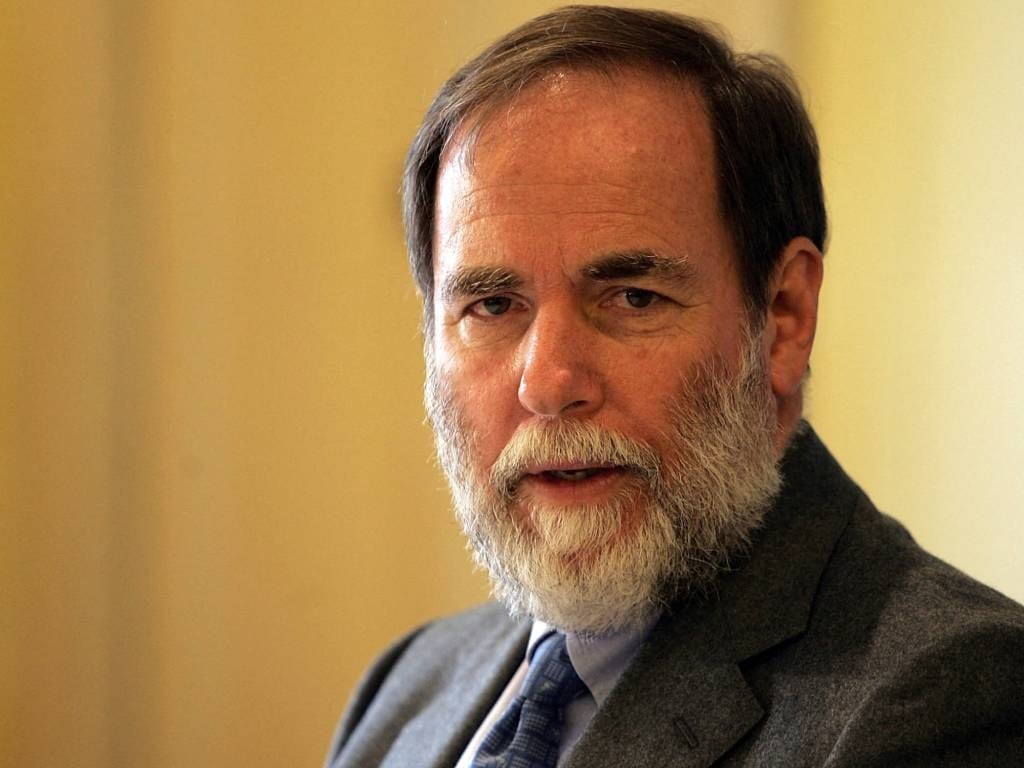
- Mining rights take precedence ahead of any activity on land in Zimbabwe.
- The Oppenheimer project, if not disturbed, will increase its cattle herd from 8 000 to 19 000 in a decade.
- The farm is home to an endangered species of vultures and wildlife corridor for elephants.
The Oppenheimer family stands to lose part of their 65 000-hectare farm in Zimbabwe because, according to the country's laws, mining rights take precedence ahead of any other activity on portioned land.
Last Thursday, the family secured a court interdict in Zimbabwe to block mineral exploration at its Shangani Ranch in Matabeleland South.
It is a brief reprieve because, in the court ruling, Harare High Court Judge Siyabona Paul Musithu said exploration could only go ahead if there was an environmental impact assessment certificate issued by the country's Environmental Management Agency (EMA).
The order temporarily halts the exploration work by Pearline Mineral Exploration.
If the miner obtains an EMA certificate work can proceed. The court noted without the proper environmental assessment, exploration work had the "potential to cause harm to the environment, but also to livestock and wildlife".
Mining ahead of everything else?
The Mines and Minerals Act gives a miner or investor power to displace people because that law supersedes many other laws in Zimbabwe.
So, if one was carrying out farming activity and a mineral was discovered on the land, then mining takes precedence over any other activity or use of the land.
In March, the High Court granted miner DS Syndicate a prohibitory interdict against a farmer in Kadoma who sought to stop the firm from mining on his farm.
In April, the country's National Peace and Reconciliation Commission (NPRC) noted there were numerous disputes between miners and farmers. As such, it recommended to President Emmerson Mnangagwa that legislation was needed to solve these problems.
The NPRC said in the recommendations to the president:
Last year, the government issued 25 exclusive prospecting orders (EPOs) to give mining firms the power to prospect for mineral resources.
This was in line with the country's ambitious creation of a R192 billion mining industry by 2023.
According to the government gazette, each EPO covers 65 000 hectares, the size of the Oppenheimer farm.
A window into the Oppenheimer empire in Zimbabwe
One of Africa's richest families has been in Zimbabwe since the 1930s. They owned a 140 000-hectare farm that stretched from Matabeleland South into the Midlands province.
The area stretches through four of Zimbabwe's eight rural provinces. It was the largest privately owned property under the name DEBSHAN, short for De Beers Shangani Estate, until the government of late president Robert Mugabe seized part of the farm for resettlement at the turn of the millennium.
At the time the farm was resized, it was home to about 21 000 cattle and exported around 4 000 to the UK, raising revenue well into millions of American dollars.
In court papers, according to the family, the resized farm was now home to 8 000 cattle and projections were that, in about a decade, it could hold at least 19 000.
Their lawyer, Thabani Mpofu, submitted in court papers:
The Oppenheimers' land has always been on the radar but not for mining purposes. In 1998, Nicky Oppenheimer, heir to the DeBeers diamond fortune, sought the attention of Mugabe.
Mugabe was quoted in the press as saying: "Nicky Oppenheimer wrote to me about the designation of his vast estate. We can't leave him all that land. But we have given his objections to our teams."
At the time, one government official claimed the farm was as big as Belgium; however, that was an exaggeration to rabble-rouse land-hungry war veterans.
To block the latest interest coming from mining, the family said their farm was also a wildlife sanctuary that was home to some of the world's most endangered species.
"The ranch is also a wildlife sanctuary for male elephants. The ranch lies within a wildlife corridor for elephants. The ranch is also home to white-backed vultures and white-headed vultures, which are considered to be critically endangered species. There are also lappet-faced vultures that are considered endangered species as well," they added in court papers.The News24 Africa Desk is supported by the Hanns Seidel Foundation. The stories produced through the Africa Desk and the opinions and statements that may be contained herein do not reflect those of the Hanns Seidel Foundation.
Did you know you can listen to articles? Subscribe to News24 for access to this exciting feature and more.


